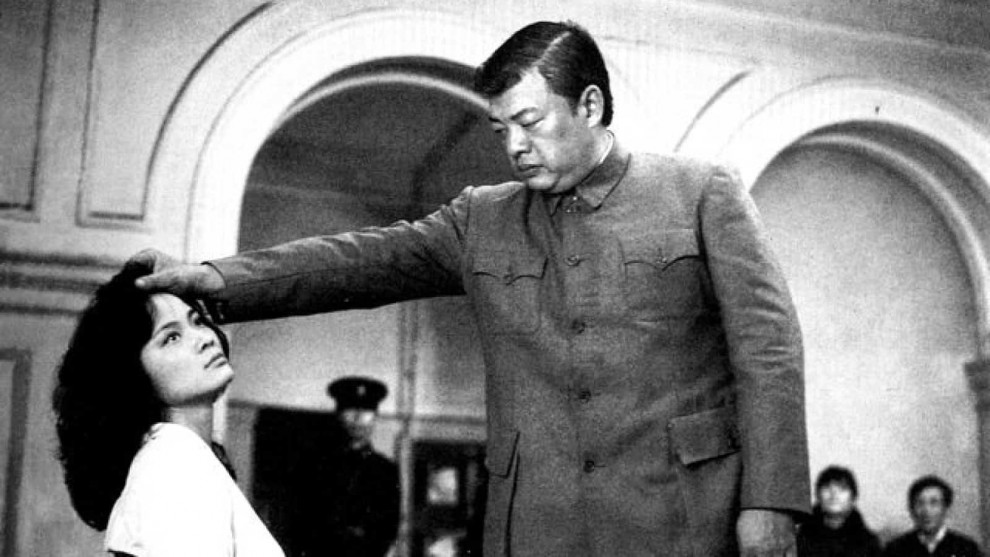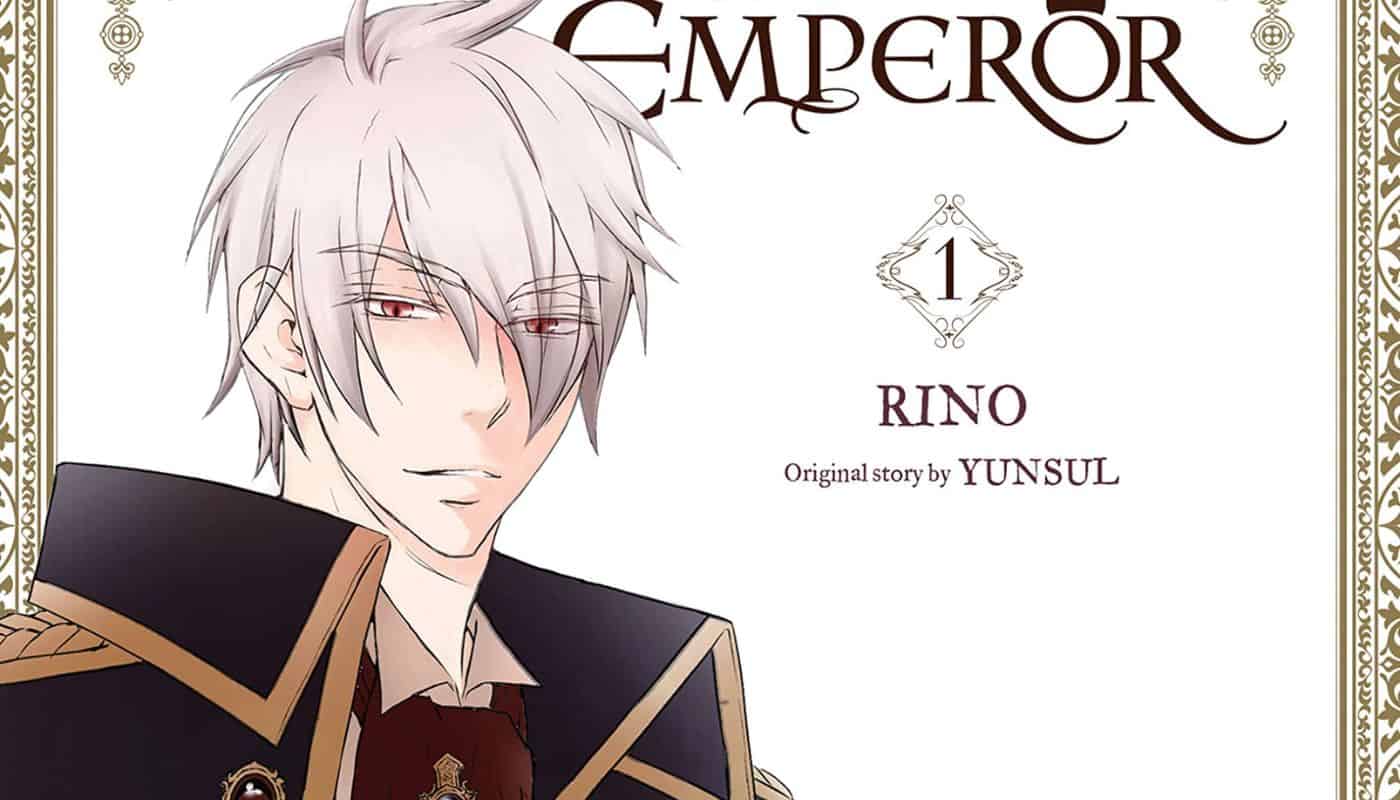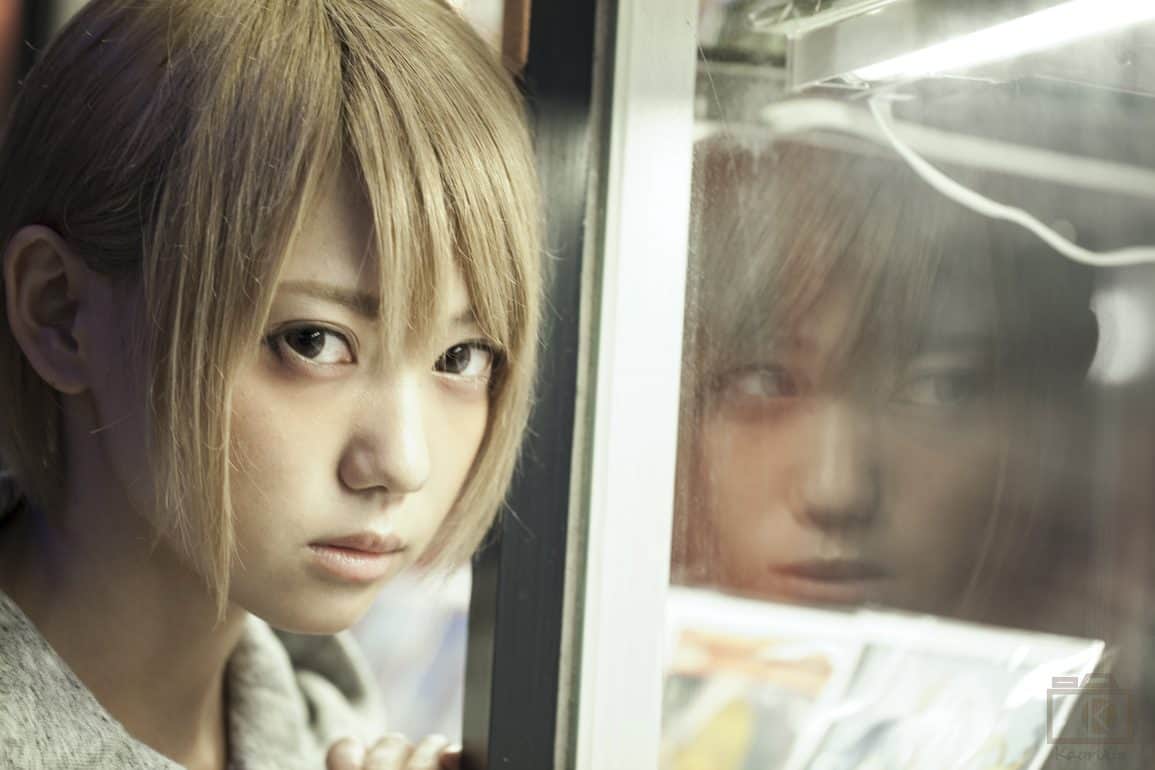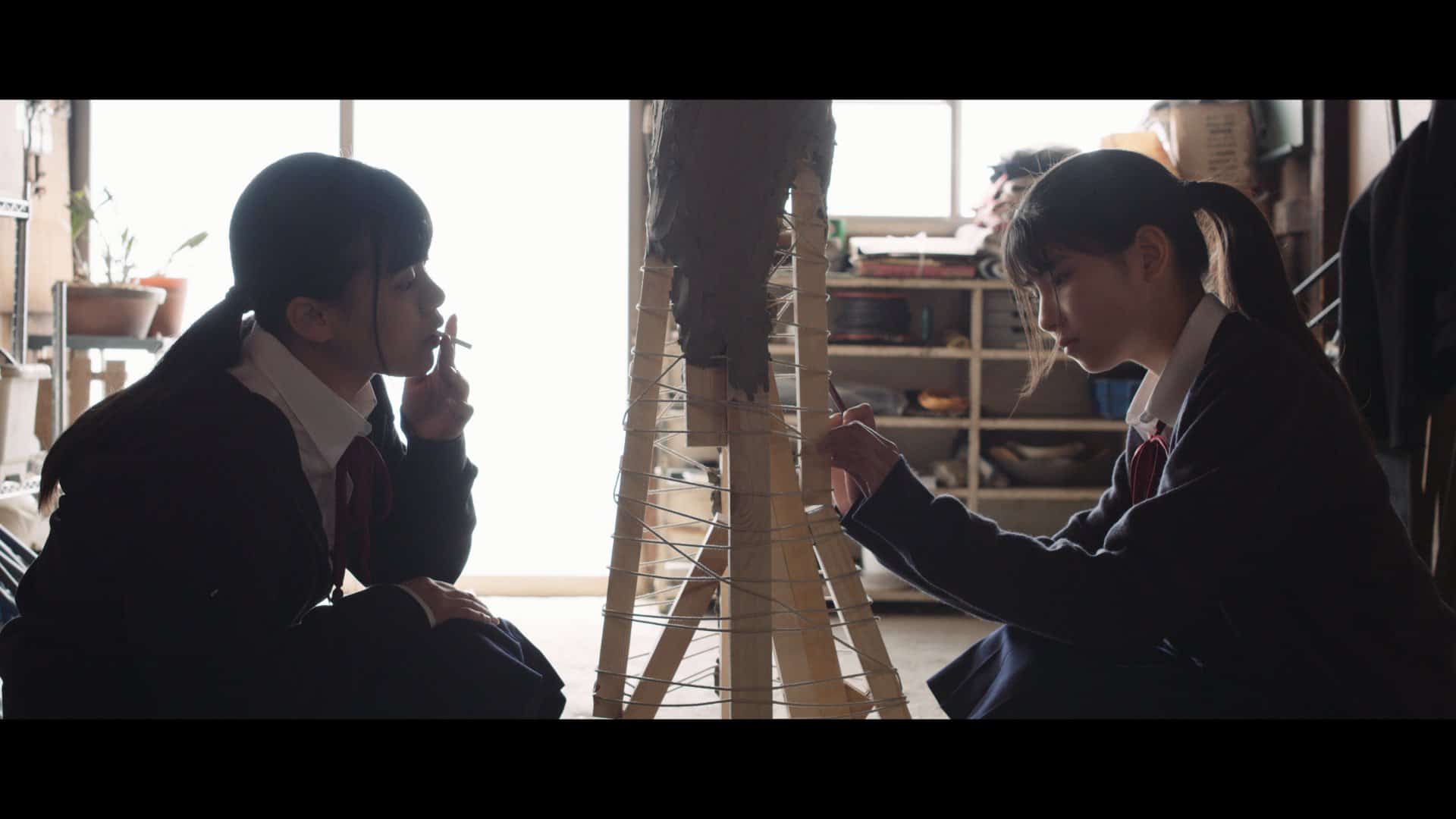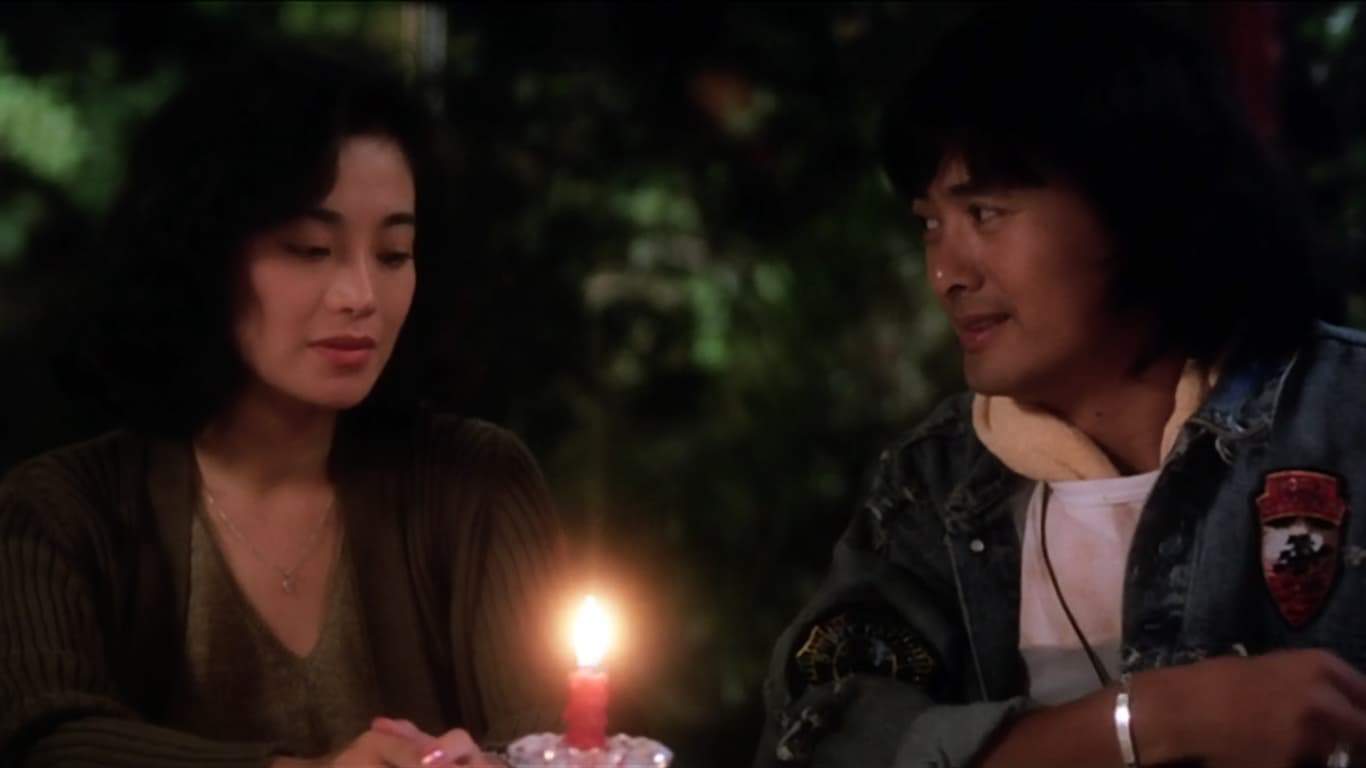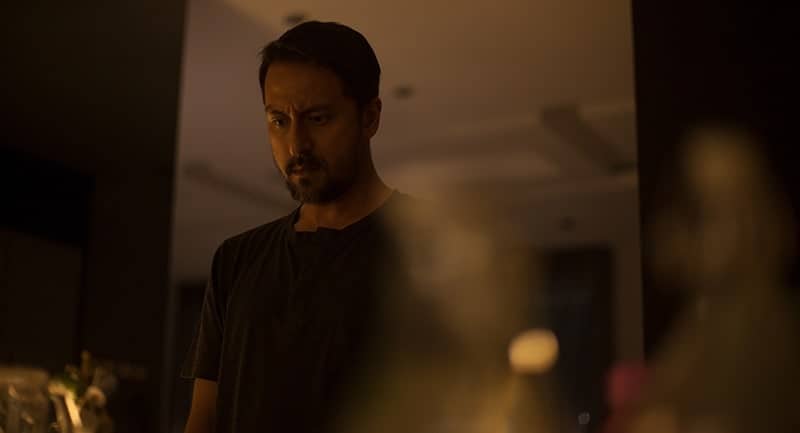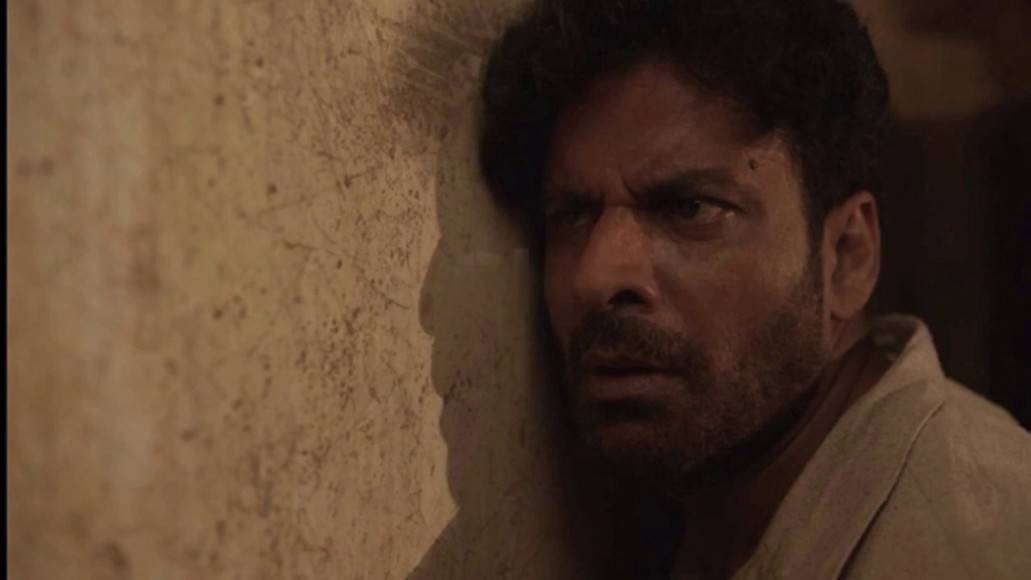Director Hou Chi-Jan's labour of love “Taiwan B-Movie” is a documentary featurette (just under 1 hour) aimed at rediscovering a popular yet virtually unknown and long-lost chapter of Taiwanese movie industry. Linked to the troubled political moment under the martial law, the “Black Movie” episode worked as a buffer between the old style of filmmaking and the 1982 Taiwan New Cinema.
“Taiwan B-Movies” is screening at ImpressionTaiwan 2020 Taiwan Film Festival

Structured simply as an alternating of rare old clips and the talking heads of filmmakers and critics, “Taiwan B-Movie” introduces the birth of a film genre in the early 1980s called – in a rather misleading way – “social realism”. In fact, these social realistic movies sit proudly in the B-film genre, exploiting sex, violence and gambling, and merging all the above in the fresh and prurient sub-genre of female avengers, as they are mainly remembered for. Basically, the exploitation helped the bland message against the oppression of the government to pass the censor board and provide some voyeuristic pleasure to a repressed young audience. For screenwriter Chu Yen Ping, the movies also reflected the emotions, some sorrow of being helpless, some feelings of heading into the darkness, some self-pity or some unfulfilled dreams.
Box office sensation “The First Error Step” – A.K.A. “Never Too Late to Repent” – marks the birth of such genre and contribute to the stardom of its protagonist, Ma Sha (apparently an adaptation of his own memoir). He plays an orphan who grows up among poverty and prostitutes, ends up in prison for killing a man, and strives for redemption. Jo Jo Wang's “On the Society File of Shanghai” followed shortly, centering on a Mainland female villain and including some anti-communist Mainland themes. The films started the craze for violent female protagonists, there in the flesh of beautiful actress Lu Hsiao-fen who does also an appearance in the documentary, and its overnight success generated a huge demand for more. All of a sudden, films were produced in record time and the account of the filmmakers involved is one of the most amusing parts of the documentary. The naivety and bravery of those good-old-times, when a film was made in a week, having just a title and an actress and when real gangsters begged the directors to be extras, is rather refreshing and fascinating, as recounted by screenwriter Chu Yen Ping, editor Chen Po-wen and filmmaker Yang Chia-yun of “Lady Avenger”.
More femme-avenger titles include Wang Chung-kuang's “Queen Bee,” Tsai Yang-ming's “Female Revenge” and Richard Chen's “Girl with a Gun”. Women liberation movement had just started to appear, but an interesting aspect is that woman liberation had nothing to do with this female revenge genre, or at least, not in a direct way, but it well expresses the male anxiety of the time, a time in which women had started to work and empower more and more.
The genre didn't last long, and it was soon forgotten. It had an important role though in speeding up the decline of the old Taiwanese cinema and its whole system of the 1970s. The sudden ferment of the industry caused by this brief and intense storm contributed to a general eye-opening and – as remarked by one of the interviewees – the sensationalism of the B-Social Realistic Movies made the audience feel that they didn't want to accept anymore such cheap means as melodrama or kung-fu action films of the earlier decades and opened the way for the prolific movement of New Taiwanes Cinema that started in 1982 and finished around the new Millennium.
“Taiwan B-Movie” is a rare occasion to delve into an unexploread territory and to see clips of films that are now unavailable, and it is a double treat when the documentary is paired with the original film screenings, as it happening at the moment in the Festival circuit.


